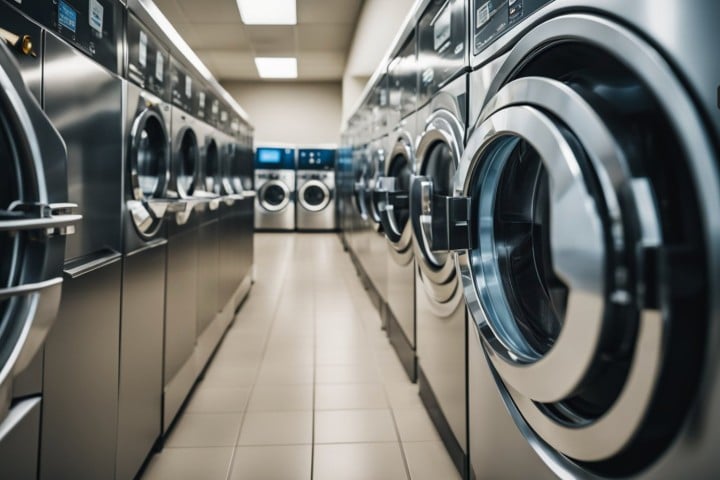When shopping for a new laundry machine, energy efficiency is an increasingly important consideration for consumers looking to save on utility costs and reduce their environmental footprint. Energy-efficient laundry machines come equipped with a variety of features designed to minimize the amount of energy and water they use.
One key aspect to assess in an energy-efficient laundry machine is its Energy Star rating. This certification, backed by the U.S. Environmental Protection Agency, ensures that the appliance meets strict energy performance standards. Models that offer multiple water level settings allow for customization based on the size of the laundry load, which can significantly reduce water waste. The type of washing action, as well as the efficiency of the spin cycle, can affect how much water is extracted from clothes, impacting both energy consumption and drying times.
Energy Efficiency Criteria
When selecting energy-efficient laundry equipment, it’s essential to consider its Energy Star rating, water consumption, and electricity usage.
Energy Star Ratings
Energy Star is a program that certifies appliances that meet strict energy efficiency guidelines set by the U.S. Environmental Protection Agency (EPA). Laundry machines with an Energy Star label have been independently verified to save energy without sacrificing features or functionality. Buyers should look for a high Energy Star rating since it indicates more efficient performance.
Water Consumption
Laundry machines with low water consumption are essential for energy efficiency. Front-loading models tend to use less water than top-loading ones. Look for these specifications:
- High-Efficiency (HE) Washers: Typically use 20-66% less water.
- Integrated Water Factor (IWF): This measures water efficiency in gallons per cycle per cubic foot. The lower the IWF, the better.
Electricity Usage
Electricity usage is measured in kilowatt-hours (kWh) and impacts overall energy costs. Efficient laundry machines minimize electricity usage with features such as:
- High RPM Spin Speed: Faster spin cycles extract more water, reducing drying time.
- Advanced Moisture Sensors: These sensors detect when clothes are dry, reducing unnecessary running time.
Energy-efficient laundry equipment not only reduces energy bills but also contributes to the conservation of environmental resources.
Advanced Features and Technologies
When evaluating energy-efficient laundry machines, specific technological advancements play a crucial role in decreasing energy and water usage.
Automatic Load Sensing
Laundry machines with automatic load sensing capabilities measure the size of the laundry load and adjust water usage accordingly. This technology ensures that every wash is as efficient as possible, avoiding the waste of water and energy.
Eco-Friendly Cycles
Machines offering eco-friendly cycles are designed with optimized wash settings that consume less water and energy. These cycles may take longer but are significantly more sustainable for regular washing needs.
High Spin Speeds
Higher spin speeds can extract more water from clothes, which reduces drying time and consequently, energy consumption. Efficient laundry machines often feature a wide range of spin speed options.
- Impact: Less moisture in clothes post-wash, leading to shorter drying times
- Considerations: Balance between high spin speeds and the care for different fabric types
We hope you found this blog post What To Look For In A Energy Efficient Laundry Machine, useful. Be sure to check out our post Organize a Laundry Room and Save Space for more great tips!
Partner with us and we’ll help you make money. Click here to learn more.






